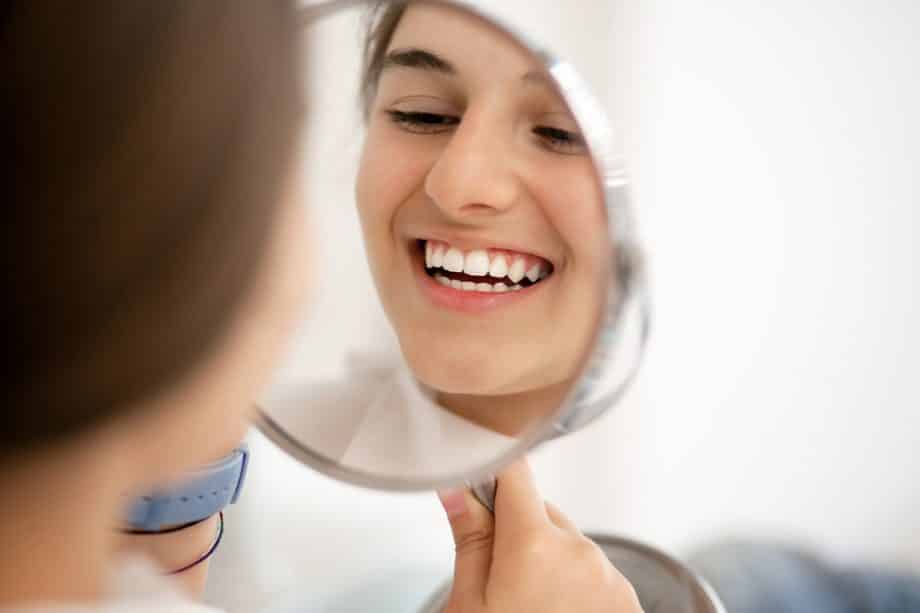Evidence suggests that charcoal has been used as a whitening agent for teeth as far back as the fifth century B.C. Long respected as a treatment for acute poisoning, charcoal can trap toxins and chemicals. This led many to hypothesize that charcoal could also extract stains from teeth and detoxify the mouth. Unfortunately, there is no agreed-upon definition of detoxification of the mouth. As such, no studies have proven that charcoal does anything to detoxify the mouth. As far as whitening goes, there is evidence that charcoal may slightly whiten teeth, but it also poses significant risks to the teeth. Read on to learn more about how charcoal may affect your teeth, and other options available for teeth whitening.
Risks of Using Charcoal to Whiten Teeth
Under a microscope, charcoal particles are sharp and jagged. If you’ve ever used charcoal toothpaste, those jagged particles are what give the paste an abrasive texture. Although natural teeth are very durable, using such an abrasive substance can wear away the top layer of enamel over time. Although this may give a slightly whiter appearance to the teeth, it will also weaken the teeth. Weakened teeth are more susceptible to yellowing, so long-term use of charcoal can wind up making your teeth look more discolored. Moreover, charcoal oral care products may also leave behind tiny black or gray specks on the teeth, prompting more forceful brushing. Forceful brushing can and does damage the teeth and gums.
It’s also important to note that studies have shown that charcoal particles in toothpaste may contain hydrocarbons that are considered by the U.S. government to be carcinogens (agents that cause cancer). Furthermore, the effects of charcoal on dental restorations such as crowns, implants, fillings, and bridges have not been widely studied. Finally, keep in mind that some types of charcoal-based toothpaste do not contain fluoride. Fluoride is essential in maintaining strong healthy teeth and preventing tooth decay.
What are the Best Teeth Whitening Options?
The science is clear that peroxide-based whitening agents are more effective at whitening teeth, and are safer for patients. Mild yellowing of the teeth can be safely whitened with many over-the-counter whitening products. It is best to look for those that are American Dental Association (ADA) approved.
However, for the best whitening results, you’ll need dental-grade, peroxide-based whitening treatments or products. Dental-grade products contain a higher level of peroxide than those you can purchase at a drugstore or grocery store. Most dentists offer in-office teeth bleaching, which results in a noticeably whiter smile, often in a single visit. You can also likely purchase dental-grade at-home whitening kits that include whitening trays and specially formulated gels from your dentist.
Talk with your dentist about the best option for your teeth. Some types of tooth discoloration will not respond to whitening. In those cases, your dentist will make you aware of other options available, such as porcelain veneers, which can give you a whiter smile, and correct small chips, misshapen teeth, or uneven teeth.
Schedule an Appointment for Teeth Whitening in Glen Cove
If you’re unhappy with discoloration in your teeth, schedule an appointment at Gold Coast Smiles today. Dr. Andrew Sami is a leading cosmetic dentist in Long Island. Dr. Sami and his teeth provide teeth whitening, in addition to porcelain veneers, white spot removal, Invisalign, and full restorative dental treatments. Contact us today to schedule an appointment by calling 516-676-0250.


